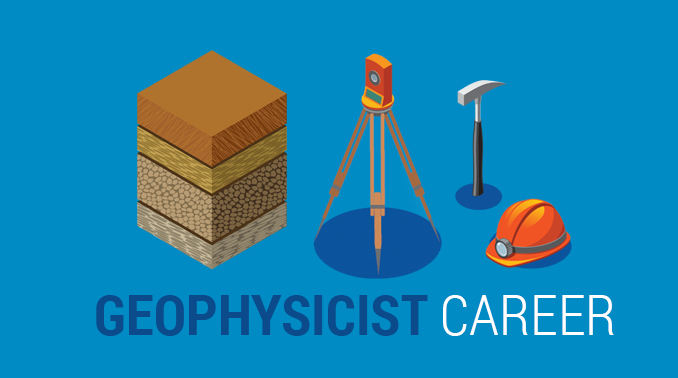All Categories
Featured
Table of Contents
Geophysicist Job Description in Morley Aus 2023
This work is increasingly contracted out, so consultancies supply another source of employment. Consultancy firms differ in size, from extremely little companies to large multinationals. Some consultancies are quite specialised in utilizing particular geophysical methods or operating in specific areas, while others use a more varied variety of services to their customers.
The extraction of gas from garbage dump websites is another area of employment and this may grow in the future. Expedition business might carry out work for construction companies, public utility, mining companies and environmental agencies, so geophysicists may be employed in any of these settings. Other companies include: geological surveysgovernment bodies and agenciesuniversities and research institutes.


Jobs may be noted in the oil and gas sector press. Recruitment is affected by oil rate variations and the level of competitors for positions differs depending upon this. Professions Days, which cover the full variety of geoscience careers and are usually attended by a number of essential industry companies, are run by The Geological Society.
What Does A Geologist Do? in Ridgewood Aus 2021
Some of the large oil and gas business use a full two-year structured training program across the breadth of geophysics, consisting of the opportunity to experience work in various teams before specialising in one area. Your training might consist of work on: existing wellsmagnetic and gravitational potential field data analysisresearchrock analysis. It's more typical for your preliminary training to be supplied on the job.

There may be a probationary duration throughout which you work alongside a knowledgeable associate. Competency-based appraisals occur regularly in the majority of companies. In smaller sized firms, and for scholastic posts, there is not likely to be any official training - you'll be expected to start work straightaway and select up skills as you go along.
If you work for a smaller business, you might discover that you need to take duty for arranging and moneying your own development and training. If you have a geology degree, subscription of The Geological Society can be beneficial for networking and for keeping up to date with the industry.
Airborne Geophysical Methods in Seville Grove Australia 2023
You might also discover it beneficial to join the PESGB (The Petroleum Expedition Society of Great Britain, which has a geophysics special interest group. After a probationary duration, and once you have actually gained some experience, you might advance to senior geophysicist, then group leader and after that into a senior role in management.
The ease of motion between roles depends upon the company structure. Research study at Masters or Ph, D level in a subject associated to geophysics or geosciences may help with your profession advancement and progression. The employment market within the oil and gas market is really depending on cost and this may affect your chances for profession progression.
Not all tasks are reliant on the oil and gas markets. For knowledgeable geophysicists, freelance consultancy provides an excellent route for career advancement. You can also specialise in a specific area of geophysics. As a geophysicist, you're likely to have several tasks throughout your working life. International movement is vital for dealing with peaks and troughs in various nations at different times.
Consumer Guide To Geological And Geophysical Services ... in Crawley Western Australia 2022
From geophysics, it's possible to focus on seismology (completing further training to become a seismic interpreter) or to move into related areas such as engineering geology or danger forecast.
Deciding what to study in college is a hard choice. Even if you know that your field of interest lies in science, what program of research study is ideal for you?
The very first step to accomplishing your goal of becoming a geophysicist is making a degree. Even for entry-level positions in the field of geoscience, you'll require a bachelor's degree (a geophysicist college degree) from a recognized college or university. Geophysicists must be able to: evaluate rocks, pictures, and other pieces of information perform research both in the field and in laboratories create maps and charts of their findings write reports To accomplish all this, students need a specialized education for geophysicist professions.
As specified above, you'll need a bachelor's degree in geoscience or an associated discipline, such as a physical science or a life sciences, to land an entry-level job. But students can also prepare by learning topics like: Biology Chemistry Computer technology Engineering Mathematics Physics The above geophysicist majors offer a more generalized technique to a single clinical discipline, however a lot of programs require students to take one or more geology course.
Latest Posts
Geophysical Survey Methods in Western Australia 2021
Geophysicist Salary in Wembley Downs Aus 2021
Bsc Geophysics in Safety Bay WA 2023